- Lumbar Herniated
Disc
-
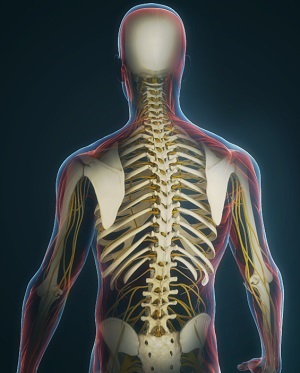
- A herniated disc is a condition in which the outer fibers (annulus) of the intervertebral disc are damaged, causing the soft inner material of the nucleus pulposus to rupture out of its space.
-
- Lumbar Stenosis
-
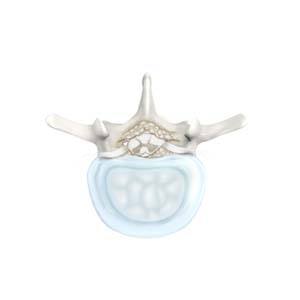
- Lumbar stenosis is the compression of spinal nerves caused by the narrowing of the spinal canal. It is one of the common causes of lower back pain.
-
- Lumbar
Radiculopathy
-
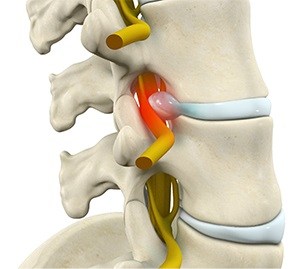
- Back pain is a common condition affecting approximately 80% of the population at some point in their lives. The area usually affected is the lower back (lumbar region) as it bears most of the upper body’s weight.
-
- Lumbar Degenerative Disc Disease
-
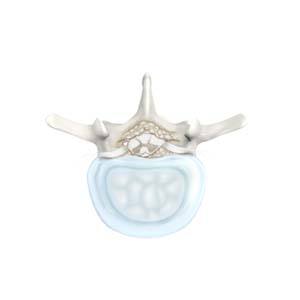
- Lumbar degenerative disc disease (DDD) is a common cause of lower back pain. Over time, these natural shock absorbers wear out and degenerate.
-
- Spondylolisthesis
-
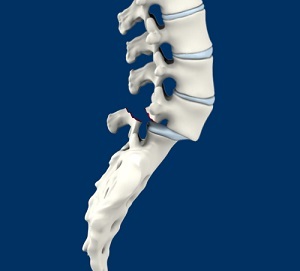
- Spondylolisthesis is the displacement of the vertebral disc from the spinal column. Outward (forward) displacement is termed as anterolisthesis and inward (backward) displacement is termed as retrolisthesis.
-
- Spondylolysis
-
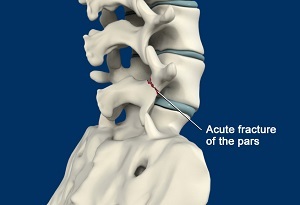
- Spondylolysis is a stress fracture in the vertebra that may progress into spondylolisthesis, a condition where the vertebra gets displaced from the spinal column.
-
- Isthmic
Spondylolisthesis
-
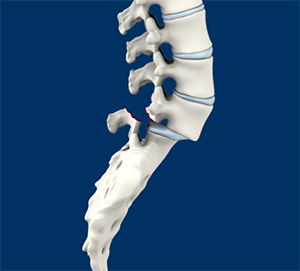
- Isthmic Spondylolisthesis is a spinal disorder in which one vertebra glides forward over the vertebra below.
-
- Back Pain
-

- Back pain or backache is the pain felt in the back that may originate from damage to the muscles, nerves, bones, joints or other structures in the spine.
-
- Sciatica
-
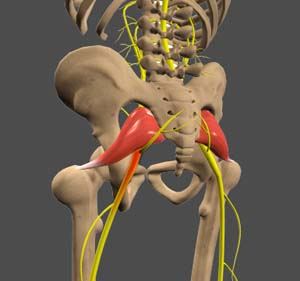
- Sciatica is a painful condition caused by the irritation of the sciatic nerve. Sciatica can be acute (short term), lasting for a few weeks or chronic (long term), persisting for more than 3 months.
-










